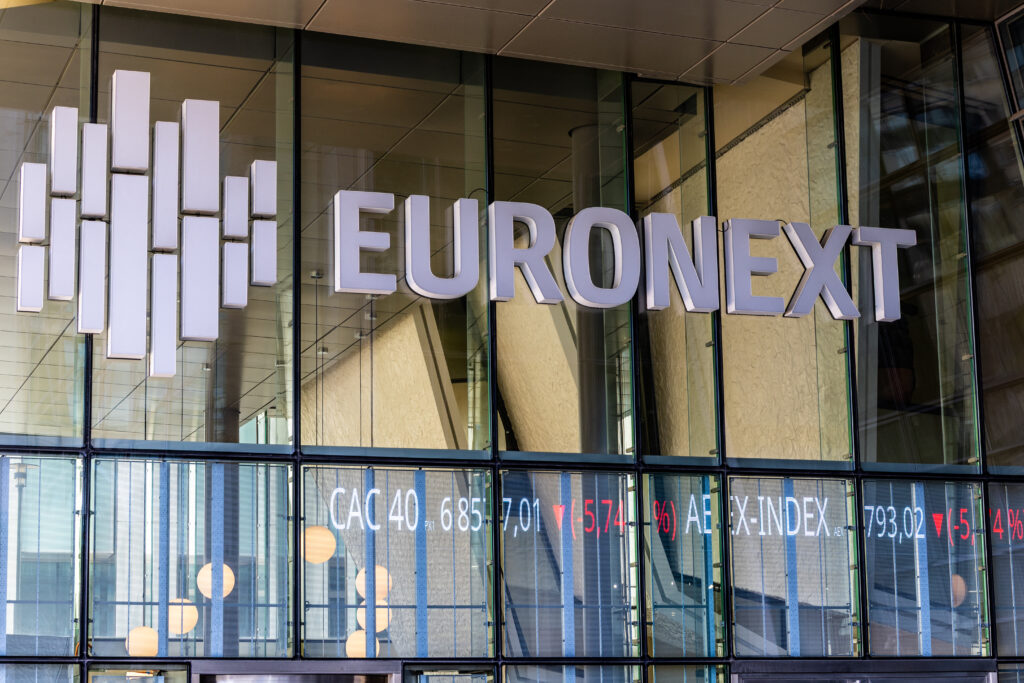Georges Abdallah est libre, après 40 ans derrière les barreaux. Le militant libanais propalestinien, condamné dans les années 1980 pour complicité d’assassinats de diplomates américain et israélien et considéré comme l’un des plus anciens détenus de France, a quitté sa prison dans la nuit vendredi et sera bientôt de retour au Liban.Sur les coups de 03H40, un convoi de six véhicules dont deux vans noirs et la voiture du préfet des Hautes-Pyrénées, s’est élancé du centre pénitentiaire de Lannemezan (Hautes-Pyrénées), gyrophares allumés, a constaté une équipe de l’AFP, sans pouvoir apercevoir le militant à la barbe désormais blanche. Des sources proches du dossier ont confirmé à l’AFP que l’ancien instituteur d’aujourd’hui 74 ans était bien à bord.Georges Abdallah a ensuite pris un vol entre Tarbes et la région parisienne. Selon son avocat Jean-Louis Chalanset, il est désormais arrivé à l’aéroport de Roissy, où il doit prendre un vol prévu vers 9H00 pour Beyrouth.”C’est à la fois une joie pour lui, un choc émotionnel et une victoire politique après tout ce temps”, a déclaré son avocat à l’AFP après le départ du convoi. “Il aurait dû sortir il y a tellement longtemps”, a-t-il dit.La semaine dernière, la cour d’appel de Paris avait ordonné sa libération “à compter du 25 juillet”, à condition qu’il quitte le territoire français et n’y revienne plus. Il était libérable depuis 1999 mais avait vu jusque-là sa dizaine de demandes échouer. Selon Me Chalanset, qui l’a vu une dernière fois dans sa prison jeudi, “il semblait très heureux de sa prochaine libération, même s’il sait qu’il arrive au Moyen-Orient dans un contexte extrêmement lourd pour les populations libanaises et palestiniennes”.- “Petite valise” -Ces derniers jours, Georges Abdallah a donc vidé sa cellule, décorée d’un drapeau rouge de Che Guevara et débordant de piles de journaux et de livres, qu’il a confiés à son petit comité de soutien, dont quelque 200 personnes manifestaient encore devant la prison jeudi après-midi.Il a aussi donné la majorité de ses vêtements à des codétenus, et n’emporte qu'”une petite valise”, a témoigné son avocat.Ses proches espèrent qu’il sera accueilli au “salon d’honneur” de l’aéroport de Beyrouth. Ils ont demandé l’autorisation aux autorités libanaises, qui réclamaient depuis des années à la France la libération de Georges Abdallah.Ce dernier se rendra ensuite dans son village natal de Kobayat (nord du Liban), où “un accueil populaire et officiel lui sera réservé”, selon sa famille.L’AFP l’avait rencontré le jour de la décision, le 17 juillet, dans sa cellule, en accompagnant une parlementaire. “Quarante ans, c’est beaucoup, mais on ne les sent pas quand il y a une dynamique de lutte”, avait assuré le détenu. – “Symbole passé” -La durée de sa détention est “disproportionnée” par rapport aux crimes commis et au vu de l’âge de l’ancien chef des FARL (Fractions armées révolutionnaires libanaises), ont jugé les magistrats de la cour d’appel.Ce groupuscule de chrétiens libanais marxistes, dissous depuis longtemps, n’a “pas commis d’action violente depuis 1984”, a aussi rappelé la cour, voyant en Georges Abdallah un “symbole passé de la lutte palestinienne”.Tout en regrettant qu’il n’ait pas “évolué” ni exprimé de “regret ou compassion pour les victimes qu’il considère comme des ennemis”, les juges ont estimé que Georges Abdallah, qui veut “finir ses jours” dans son village, peut-être en s’engageant en politique locale, ne représente plus aujourd’hui de risque de trouble à l’ordre public. Le parquet général, qui s’était opposé à sa libération comme les Etats-Unis, parties civiles, a fait un pourvoi en cassation mais il n’est pas suspensif et ne peut donc empêcher son départ.A l’époque des faits, dans le contexte de la guerre civile libanaise et de l’invasion israélienne au Sud-Liban en 1978, les FARL ciblaient les intérêts d’Israël et de son allié américain à l’étranger. Notamment en France, tuant deux diplomates en 1982: le lieutenant-colonel américain Charles Ray, puis l’Israélien Yacov Barsimantov, considéré comme le responsable du Mossad en France, abattu par une femme devant son épouse et ses deux enfants.Identifié par ses empreintes découvertes dans une planque bourrée d’armes, dont le pistolet ayant servi aux deux assassinats, Georges Abdallah avait comparu seul au palais de justice en 1987, dans un contexte particulier. Il était devenu l’ennemi public numéro 1 car on le croyait, à tort, derrière la vague d’attentats de 1985-86 qui a fait 13 morts et installé la psychose dans les rues de Paris. Il avait été condamné à la perpétuité.Il a toutes ces années nié son implication dans l’assassinat des diplomates, tout en refusant de condamner des “actes de résistance” contre “l’oppression israélienne et américaine”.








